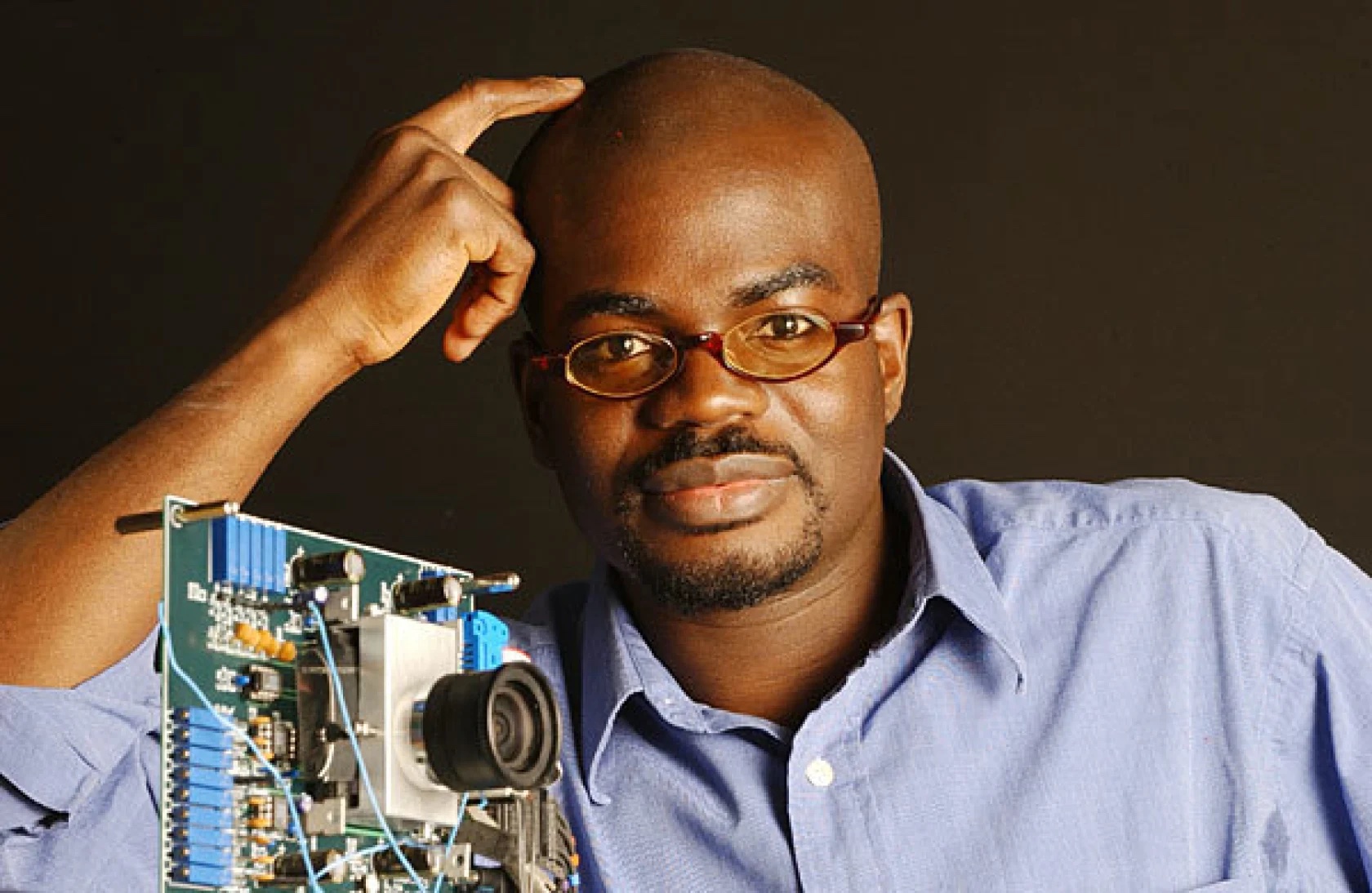Colloquium on Synthetic Intelligence by Kwabena Boahen, Stanford

Speaker: Kwabena Boahen, Professor of Bioengineering, Electrical Engineering and Computer Science at Stanford University
Host: Rajit Manohar
Title: Comparing information processing in 2D chips and 3D brains
Abstract:
Artificial intelligence now advances by performing twice as many floating-point multiplications every two months, but the semiconductor industry tiles twice as many multipliers on a chip every two years. Moreover, the returns from tiling these multipliers ever more densely now diminish because signals must travel relatively farther and farther. Although travel can be shortened by stacking multipliers tiled in two dimensions in the third dimension, such a solution acutely reduces the available surface area for dissipating heat. We can transcend this thermal constraint 3D chips face by moving away from synaptocentric learning to dendrocentric learning. Synaptocentric learning weights inputs precisely to detect a spatial pattern of activations. Dendrocentric learning orders inputs meticulously to detect a spatiotemporal pattern of pulses. With the help of a computational model of a dendrite and a conceptual model of a ferroelectric device that emulates it, I will illustrate how dendrocentric learning artificial intelligence—or synthetic intelligence for short—could run not with megawatts in the cloud but rather with watts on a smartphone.
Speaker Bio:
This is an in-person event and follows Yale University’s COVID-19 policy.